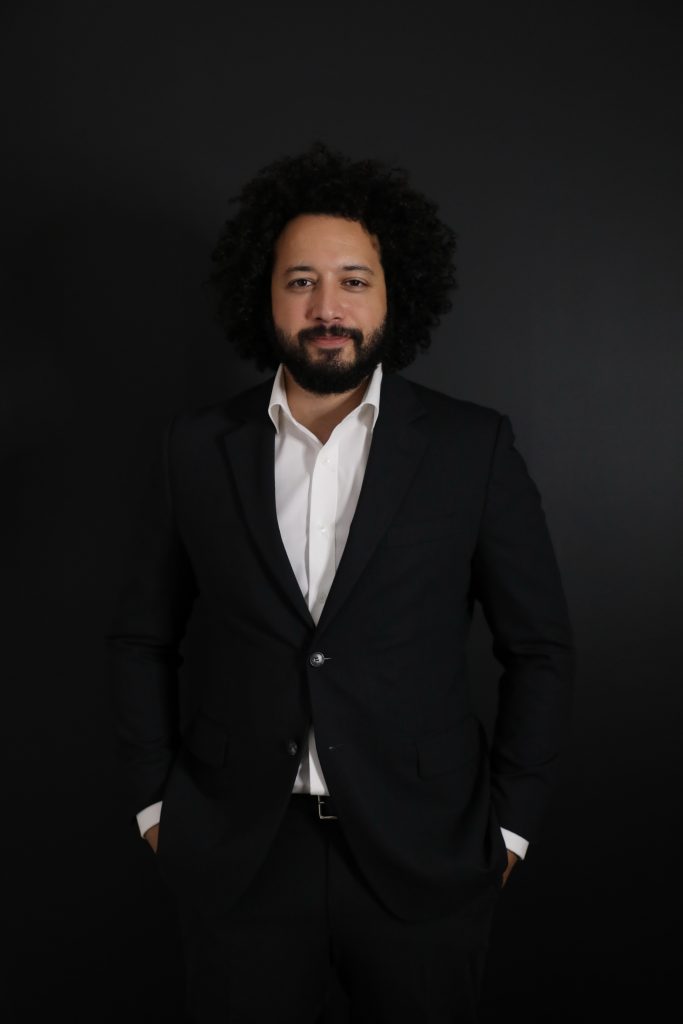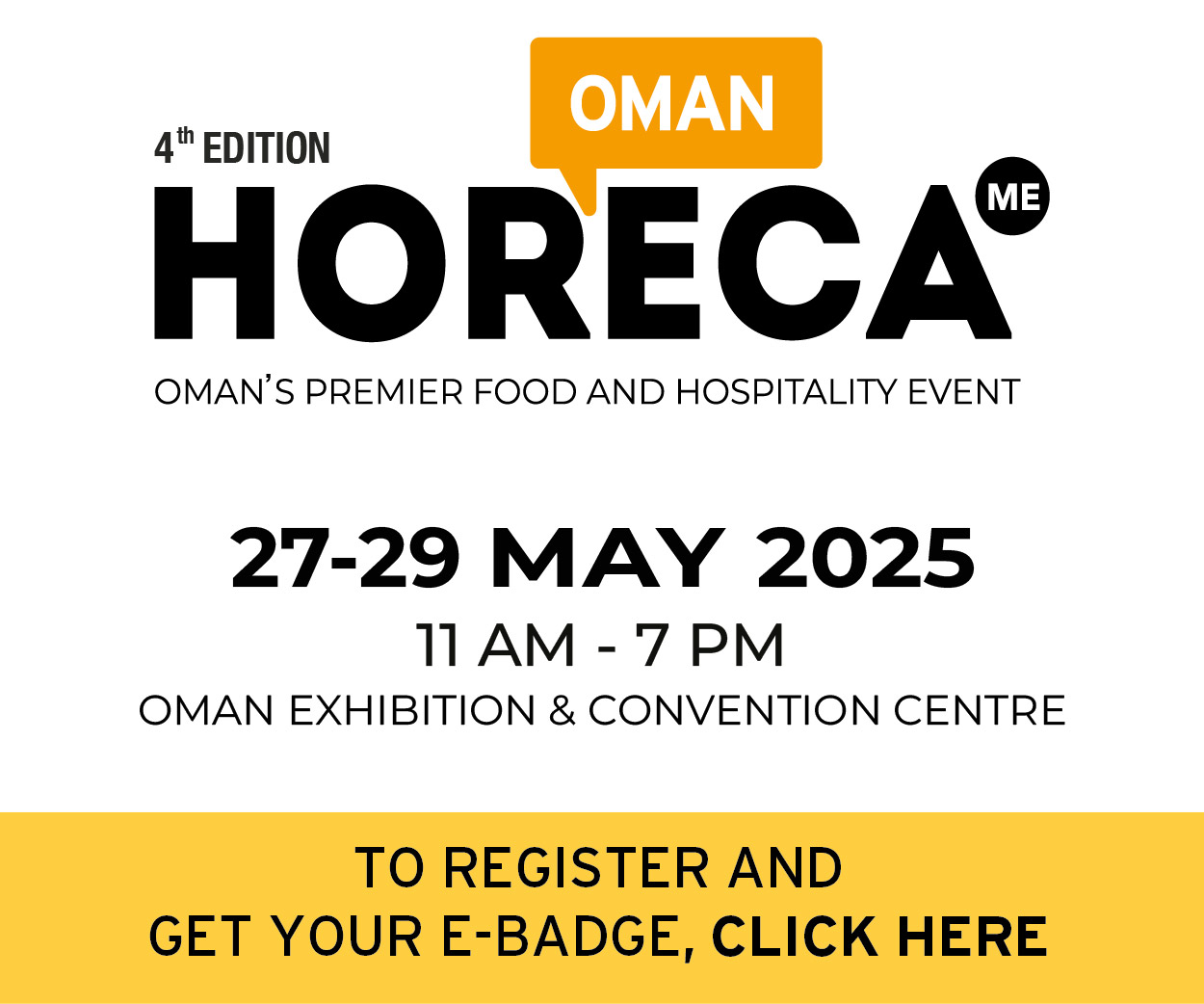
Dean Murphy, Director of Operations at JRG Dubai
With sustainability now cemented in the industrial vernacular across almost every industry imaginable, turning business models ‘green’ is not an overnight or cheap transition. Dean Murphy, Director of Operations at JRG Dubai, argues that creating lasting impact for the planet does not automatically mean cost increases for F&B operators…
Let’s face the facts: the region’s F&B industry continues to circle around the topic of sustainability. Yes, marginal efforts have been made, but many players, major and minor, have avoided implementing initiatives that would yield lasting impact.
While the appetite for conscientious consumption is increasing, significant progress is still required to penetrate the mass market. In this landscape, regional F&B operators must steer the market and look within to encourage greater conversation and conversion. Those willing will have to review their current business models to ensure operational evolution aligns with consumer trends. Behaving more responsibly and sustainably must be about more than press clippings, as the catalyst must be social and financial improvement.
In the UAE, I encounter numerous operators on a daily basis who underestimate our collective influence in affecting consumer behavioral change. Industry-wide, we have a responsibility to advocate sustainability. Whether that is through proactively educating ourselves and our consumers on ways to tackle environmental impact, or embracing greener business models, we all have a role to play in realizing the UAE vision of a fully-sustainable economy by 2021.
While there are a few industry leaders successfully steering the sector in the right direction, the vast majority of decision-makers erect restrictive barriers by placing blame on a limited supply chain. In my view, that argument simply does not wash anymore. Yes, the infancy and consistency of the local supply chain presents challenges. There are, however, numerous opportunities for operators willing to collaborate, innovate and evolve.
Take single-use plastics: the industry’s over-reliance on non-biodegradables is ever-present. Consumers use plastic water bottles once for mere minutes, but they take hundreds, or even thousands, of years to decompose in landfills. So, let’s not debate the ridiculous; the industry must ban plastic water bottles. At JRG Dubai, we are doing just that.
In 2018, we initiated a company-wide ban on single-use plastic, including straws, swizzle sticks, and stirrers. We didn’t stop there. By introducing house-filtered water in reusable glass bottles across our Hillhouse Brasserie, The Duck Hook and The Noodle House brands, we’ve cut tens of thousands of plastic bottles from our annual waste. With plans to expand the policy across all our brands in 2019, we’ll save hundreds of thousands of plastic bottles every year.
In an era of deliveries, plastic cutlery and containers are another scourge. With the Arabian summer typically catalyzing a surge in delivery orders, research shows most plastic cutlery and containers are thrown away, often unused. Delivery aggregators such as Deliveroo and Zomato may give customers the choice to refuse plastic cutlery and excess packaging, but operators rarely follow instructions. This unnecessary waste only underlines the requirement for operators to source sustainable packaging solutions to remove single-use plastics from circulation. Thankfully, there are now affordable options and JRG Dubai has switched our takeaway and delivery food packaging to compostable, plant-based ‘Vegware’ products. There has been zero impact on our bottom line.
Of course, sustainability goes beyond plastics and food wastage is a hot topic that’s painfully evident across Dubai’s buffet and brunch culture. Excess production is bad for business and the environment, yet operators have been slow to prevent food wastage and benefit from cost savings.
It’s no surprise then that government initiatives are now tackling food waste. When the UAE’s Ministry of Climate Change and Environment (MOCCAE) introduced a food waste pledge initiative, the F&B industry responded and successfully saved one million meals in 2018. We’re now working towards a goal of saving three million meals annually by 2020. Small steps can be big strides. Cooking to order instead of buffets, better managing buffets, using excess food for internal staff meals, composting wasted food for vegetable growth, it all helps.
The final sustainability drive is literally on our doorstep. Thanks to food security initiatives and entrepreneurial spirit, the UAE is now a veritable supermarket for locally-sourced fruits, vegetables, fish, eggs, honey, even oysters. There is still room for improvement in terms of the breadth of the domestic supply chain, but local operators can and should source local produce to be greener as a business.
Approximately 30-50 percent of all ingredients used across JRG Dubai venues are now locally-sourced. At Flow in Jumeirah Emirates Towers it is a stunning 70 percent, with some of those ingredients enjoying a 12-foot farm-to-table journey thanks to our previous partnership with Alesca Life, a next-generation vertical farming solution supplying Flow with green leaves and micro herbs. At Pierchic in Al Qasr, we are championing sustainable supply chains by working closely with partners that share our philosophy to reduce the farm-to-fork journeys. We have taken this further at Hillhouse and installed a Natufia Smart Kitchen Garden. The fully automated garden hydroponic system takes the farm-to-fork concept further and allows our team to grow on-site the organic ingredients required throughout the year.
Disruption starts with introspection, and while we are confident with the steps we have taken across our portfolio, we are also dedicated to ensure we are achieving the optimum. Through a partnership with Pure Circle Holdings, a private equity corporation with a mission to identify and evolve conceptual ideas into globally changing businesses, JRG Dubai is undergoing a 360 sustainability audit, which will enable us to take further actions to make significant impact.
The sustainable equation is a familiar one to most businesses: supply and demand. With the increase in demand we are seeing huge growth in sustainable suppliers, local and foreign. Now is the time for UAE F&B operators to support this growing movement and build a sustainable sector.
Add to Favorites 
















